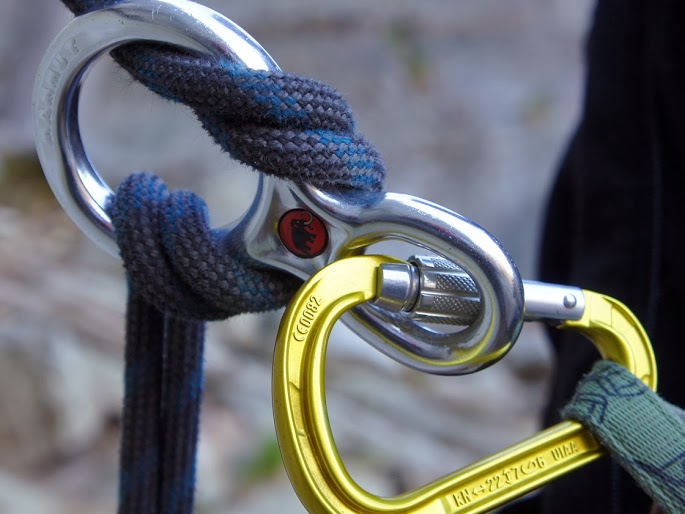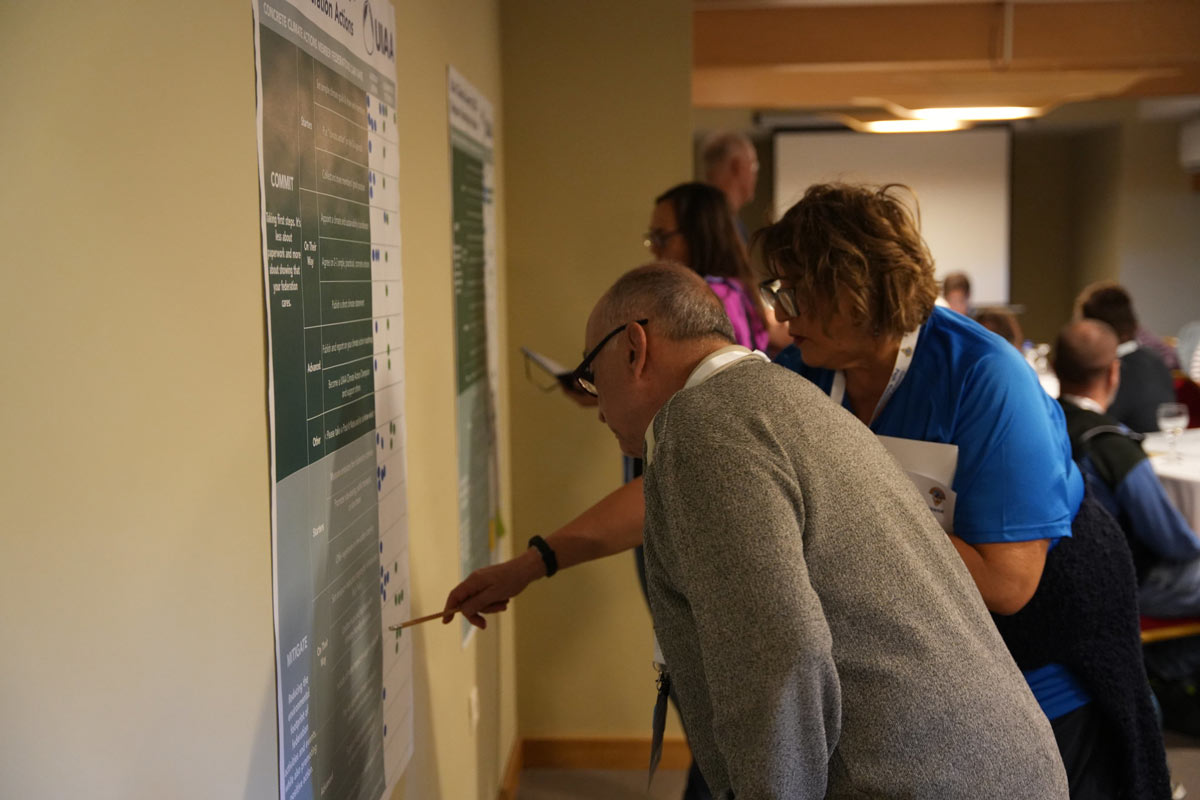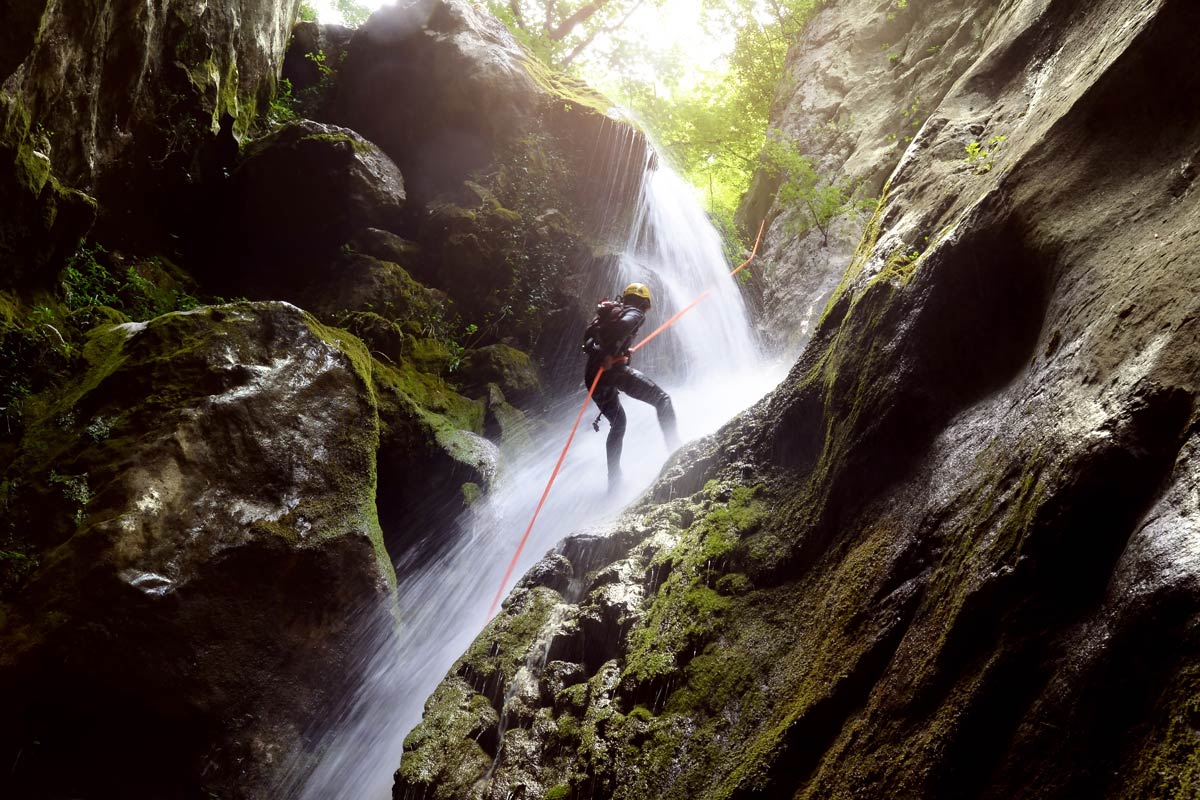UIAA Safety Standards are recognized around the world (Photo: Dave Custer for UIAA)
AITEX (Textile Industry Research Association), a renowned centre for research, innovation and advanced technical services in Spain, is the newest test laboratory accredited to certify climbing equipment to UIAA Safety Standards. The UIAA Safety Label is globally recognized and can be found on climbing equipment from many of the biggest gear and rope manufacturers.
AITEX joins the list of European laboratories; other UIAA certified labs exist in Austria, the Czech Republic, France, Germany, Italy and the UK. There has also been a growing interest in recent years for the accreditation of laboratories located in Asia and North America, and the UIAA Safety Commission is in the process of reviewing a test laboratory candidate in China.
AITEX was set up in 1985 by the Valencian Regional Government through the Valencian Institute for Small and Medium Industry (IMPIVA) and is a leading centre for research, innovation and advanced technical services available to the textile, manufacturing and technical textile sectors. Their UIAA accreditation applies to the following textile based standards:
- Dynamic ropes UIAA-101
- Accessory cords UIAA-102
- Tape UIAA-103
- Slings UIAA-104
- Low stretch ropes UIAA-107
The UIAA Safety Label is a certification that is awarded to mountaineering and climbing equipment that meets the requirements of the relevant UIAA Safety Standard. The standards are determined by the UIAA Safety Commission in collaboration with Safety Label Holders and accredited UIAA laboratories. Climbing equipment that bears the UIAA Safety Label is strongly recommended by the UIAA for use by climbers and mountaineers around the world.
The UIAA Safety Label trademark is registered and copyright protected internationally under the Madrid Protocol (WIPO International registration number 949706).
The Safety Commission’s core mission is the development and maintenance of the UIAA Safety Standards, which are recognized by climbers and mountaineers around the world. The Commission works in collaboration with the European Standards Organization, CEN, for harmonization of standards. In some cases, the UIAA standards require tests beyond those required by CEN standards, so UIAA standards may differ slightly from their CEN counterparts.



